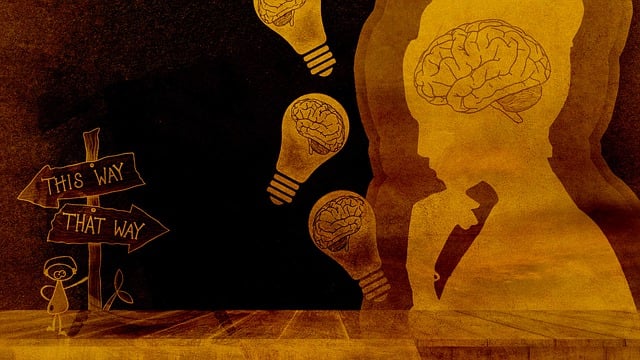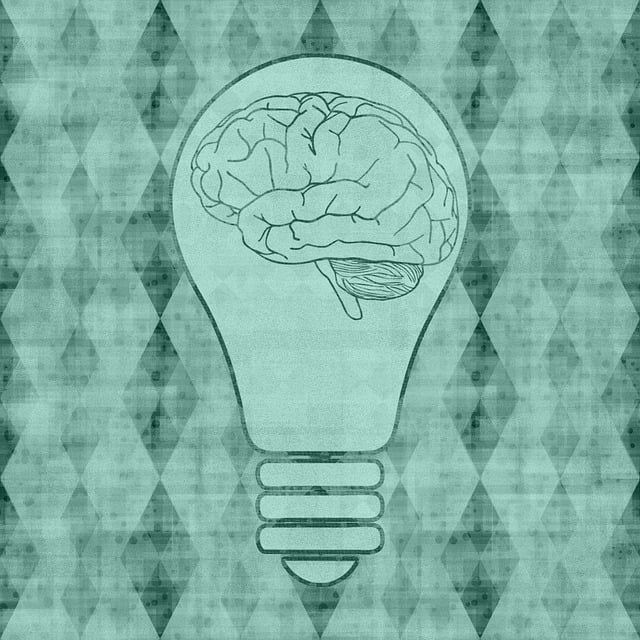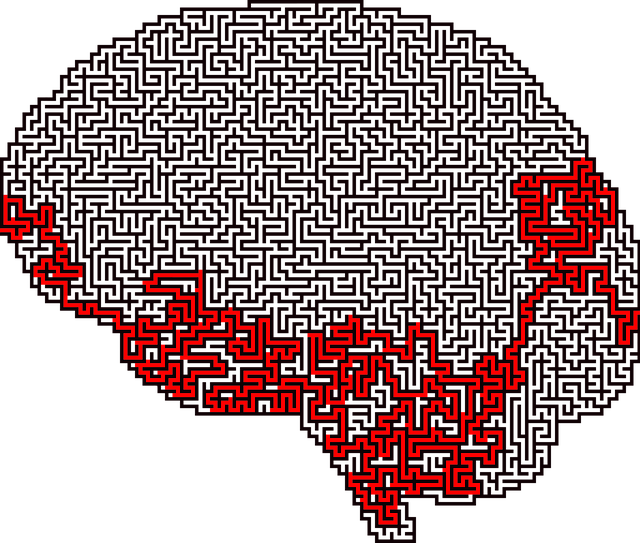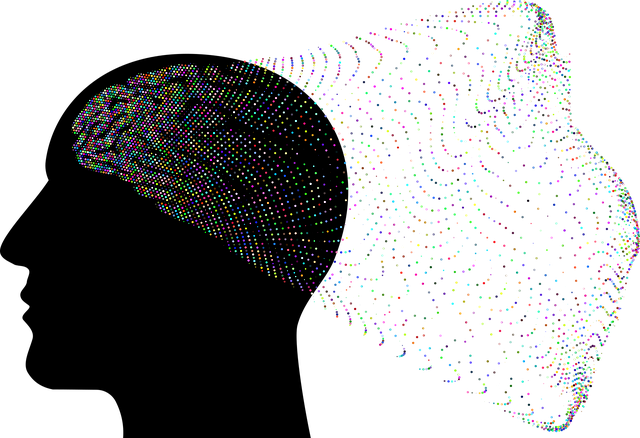Crisis Intervention Teams (CITs), with their diverse professional makeup, collaboratively assess and de-escalate high-risk mental health situations, including those involving Aurora panic disorder and anxiety attacks. By integrating Mindfulness Meditation, risk management, compassion cultivation, and Aurora therapy through Mental Wellness Journaling Exercise Guidance, CITs empower clients to develop personalized coping strategies. This holistic approach not only treats symptoms but also underlying causes, leading to improved mental wellness outcomes. Robust CIT training that balances theory with practical skills, role-play scenarios, and coping skills training is crucial for effectively managing mental health emergencies, reducing burnout risk, and enhancing crisis intervention outcomes for both individuals and professionals.
In today’s fast-paced world, effective crisis intervention is more critical than ever. Crisis Intervention Team (CIT) training programs equip individuals with vital skills to support those facing mental health crises. This article delves into the significance of CITs, exploring how specialized therapies like Aurora Panic Disorder and Anxiety Attack Therapy contribute to comprehensive training. We’ll examine key components for designing effective programs, ensuring professionals are equipped to handle diverse crisis scenarios with empathy and proficiency, including intense anxiety attacks.
- Understanding Crisis Intervention Teams: A Vital Resource for Mental Health Support
- The Role of Aurora Panic Disorder and Anxiety Attack Therapy in Training
- Designing Effective Training Programs: Key Components for Comprehensive Learning
Understanding Crisis Intervention Teams: A Vital Resource for Mental Health Support

Crisis Intervention Teams (CITs) are a vital resource for providing immediate and effective mental health support to individuals experiencing severe crises, such as Aurora panic disorder and anxiety attacks. These specialized teams consist of trained professionals from various disciplines, including psychologists, social workers, and law enforcement officers, who work collaboratively to assess and de-escalate high-risk situations.
By incorporating Mental Wellness Journaling Exercise Guidance, these teams empower individuals to develop coping strategies tailored to their unique experiences. The CIT approach fosters a sense of confidence boosting through structured interventions that focus on Mind Over Matter Principles. This holistic strategy ensures that those in crisis receive comprehensive care, addressing both the symptoms and underlying causes, ultimately leading to improved mental wellness outcomes.
The Role of Aurora Panic Disorder and Anxiety Attack Therapy in Training

In crisis intervention team training programs, integrating Aurora Panic Disorder and Anxiety Attack Therapy offers invaluable insights into managing acute mental health crises. This therapeutic approach equips participants with skills to recognize and respond effectively to panic disorders, a common yet debilitating condition often encountered in high-stress situations. By understanding the physiological and psychological aspects of anxiety attacks, team members can provide immediate support, reducing potential long-term impacts on individuals in crisis.
Incorporating mindfulness meditation, risk management planning for mental health professionals, and compassion cultivation practices alongside Aurora Panic Disorder therapy enhances the holistic nature of training. These complementary techniques foster a calm, empathetic response, enabling team members to not just react but also nurture the well-being of those experiencing panic attacks. Such comprehensive preparation is pivotal in ensuring effective crisis intervention, ultimately leading to better outcomes for both the individuals in distress and the professionals supporting them.
Designing Effective Training Programs: Key Components for Comprehensive Learning

Designing effective crisis intervention team (CIT) training programs is paramount to equipping professionals with the necessary tools to handle mental health emergencies, particularly those involving Aurora panic disorder and anxiety attacks. A comprehensive CIT program should incorporate a multi-faceted approach that goes beyond mere knowledge transfer. Mental health education programs design should focus on balancing theoretical understanding with practical skill development. Role-play scenarios, for instance, provide hands-on experience in de-escalation techniques, a key component in Aurora panic disorder and anxiety attacks therapy.
Incorporating coping skills development within the training curriculum is another vital strategy to foster resilience among CIT members. By equipping them with effective coping mechanisms, healthcare providers can better navigate their own potential burnout, a prevalent concern in high-pressure settings. Additionally, interprofessional collaboration should be encouraged, fostering an environment where diverse perspectives and expertise complement each other in managing complex cases of anxiety disorders.
Crisis intervention team (CIT) training programs, enriched by approaches like Aurora Panic Disorder and Anxiety Attack Therapy, are crucial in equipping individuals with the skills to support mental health crises effectively. By incorporating evidence-based techniques and comprehensive learning methodologies, these programs ensure that CIT members can navigate complex situations with empathy and professionalism. Investing in robust CIT training not only enhances community resilience but also ensures that those in need receive timely, quality care, ultimately saving lives and fostering healthier communities.














